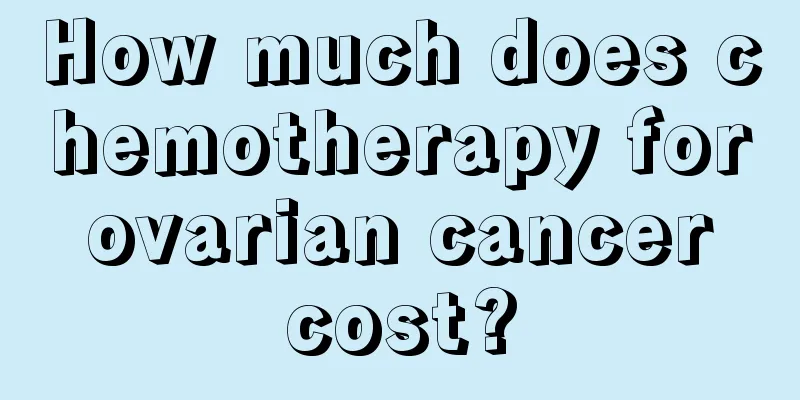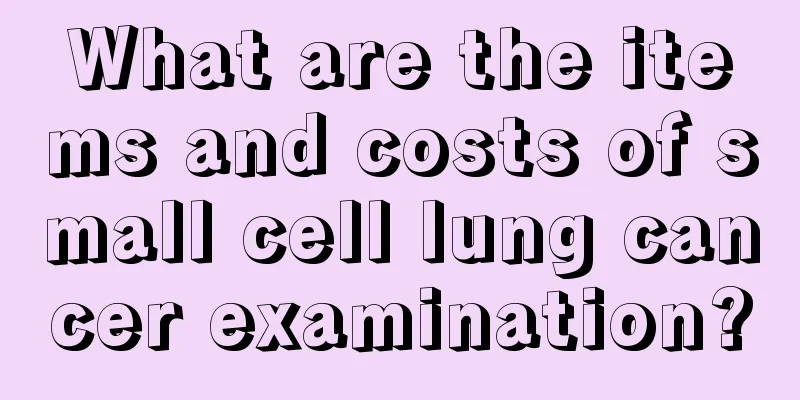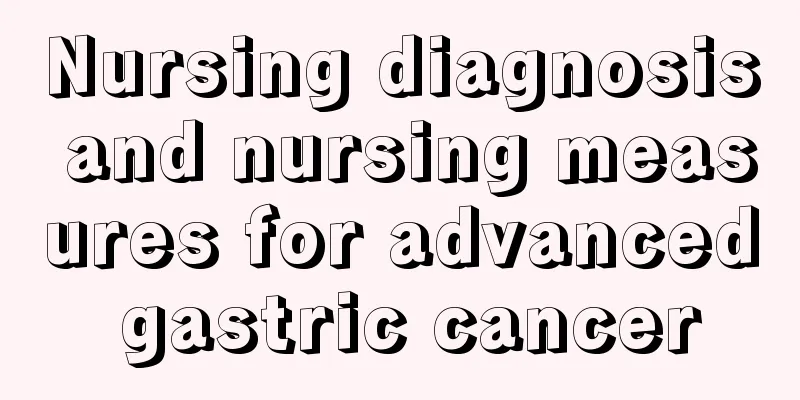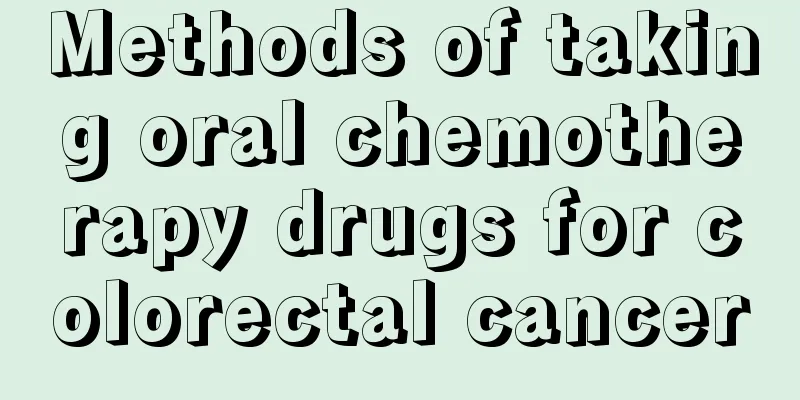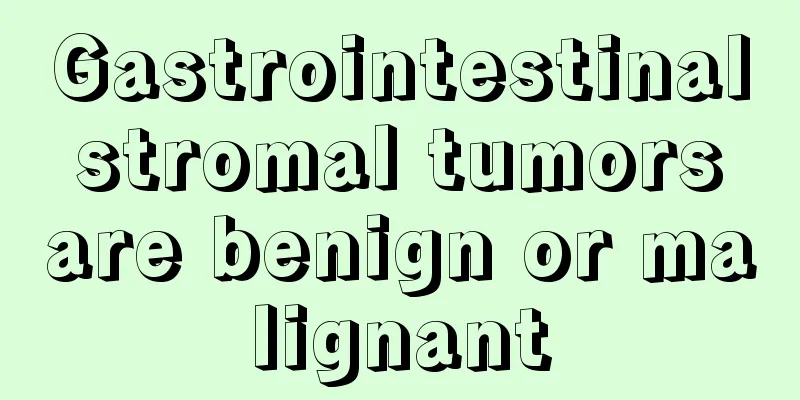What are the good medicines for treating glioma
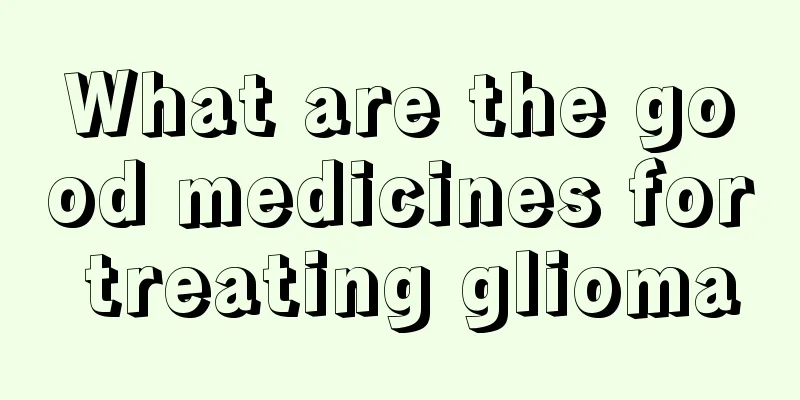
|
Gliomas are tumors that occur in the neuroectoderm, so they are also called neuroectodermal tumors or neuroepithelial tumors. Tumors originate from neural interstitial cells, namely, glial cells, ependyma, choroid plexus epithelial cells and neural parenchymal cells, namely, neurons. Most tumors originate from different types of glial cells, but based on their histological origins and similar biological characteristics, various tumors that occur in the neuroectoderm are generally called gliomas. What are the good drugs for treating gliomas? For most tumors, drug therapy usually tends to be combined with other drugs. From the perspective of cell dynamics and the specificity of drugs to the cell cycle, the effect of combined drugs is better. Some use two or more drugs to improve the efficacy. The teniposide-cyclohexylnitrosourea sequential chemotherapy for glioma has obvious efficacy. Each course of treatment lasts for 4 days. The method is as follows: Day 1 and 2: VM26 100mg is added to 10% glucose solution 250ml and dripped for 1.5 to 2 hours. Use for 2 consecutive days. Rapid drip or direct intravenous injection of VM26 will cause a sudden drop in blood pressure, so it should not be used. In addition, blood pressure should be observed during the drip to prevent accidents. If blood pressure drops below 10kpa, the drug should be stopped immediately. Since VM26 is easy to lose its effectiveness after being diluted at room temperature for more than 4 hours, it should be prepared and used immediately. Day 3 and 4: Take CC-NU 80mg orally daily. Give antiemetics such as metoclopramide half an hour before taking the medicine to reduce gastrointestinal reactions. After one course of treatment, repeat the next course every 6 weeks. Generally, the effect of CCNU reaches its peak in the fourth week after administration, so it is advisable to routinely check the white blood cell and platelet counts at the end of the fifth week. When the white blood cell count is lower than 3×109/L and the platelet count is lower than 90×109/L, chemotherapy should be postponed until the blood count recovers before starting the next course of treatment. Due to the cumulative toxicity of CCNU, it is usually difficult to maintain blood count after 4 to 5 courses of treatment, and the interval has to be postponed. Or VM26 can be used alone as a transition, and then the two drugs can be resumed after the blood count improves. During this period, supportive therapies such as DNA and shark liver alcohol can be routinely given. If the patient tolerates well, 10 to 15 courses of treatment can be continued. There is no sign of recurrence after CT scan reexamination. If the clinical manifestations are satisfactory, the drug can be stopped for follow-up. |
<<: What is the best medicine for glioma
>>: How does traditional Chinese medicine treat glioma
Recommend
What are the common symptoms of early lung cancer? A comprehensive review of early symptoms of lung cancer
Although the early symptoms of lung cancer are no...
Which method is best for preventing ovarian cancer
How to prevent ovarian cancer? Ovarian cancer is ...
What are the early symptoms of laryngeal cancer
Speaking of laryngeal cancer, I think everyone ha...
Pain in the left abdomen when inhaling
The internal structure of the human body is very ...
What are the early causes of varicose veins in the lower limbs?
Varicose veins in the lower limbs are a disease t...
What does eugenics genetic test include?
Today's society advocates eugenics and good p...
Combining diet with kidney cancer can help patients control their condition
Kidney cancer is a very serious disease that can ...
Baby likes to turn over when sleeping
A baby's sleeping state can reflect his or he...
Is activated carbon harmful to the human body?
Now, not only is the air pollution index graduall...
Does your ears make a crackling sound when you press them?
If your ears make a crackling sound when you pres...
What should I do if I have bad breath when talking to others?
What is bad breath? In fact, bad breath refers to...
Experts suggest: Prevention of colorectal cancer should start with eating habits
The incidence of colorectal cancer is often relat...
Treatment for wound suppuration and non-healing
In our daily lives, we often inadvertently hurt o...
Irregular diet greatly increases the incidence of gastric cancer
Gastric cancer is a common tumor disease with a h...
I feel uncomfortable in the middle of my chest when I wake up in the morning
Everyone must feel very unfamiliar with the term ...

